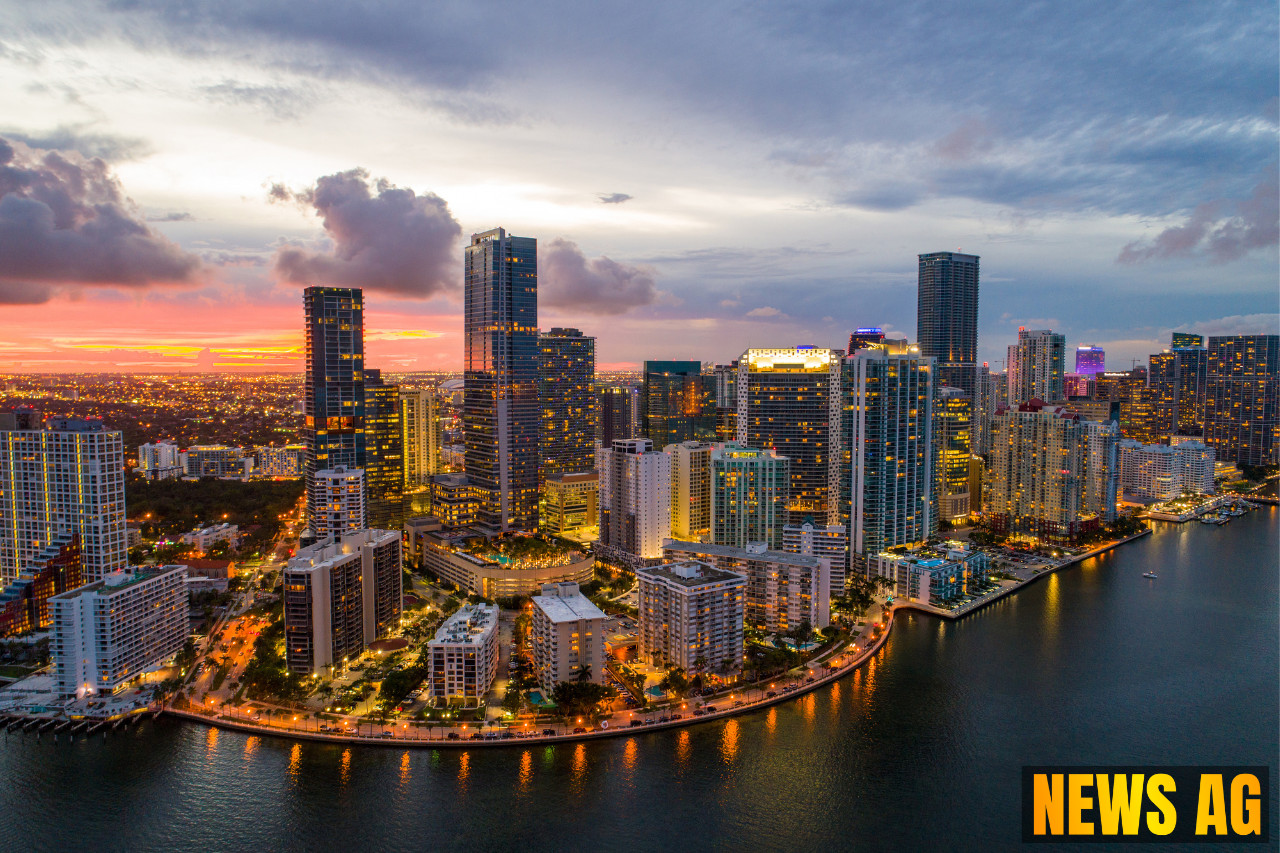
In the heart of Florida, a significant battle is unfolding along the banks of the Apalachicola River, where local fishing communities are rallying against a proposed oil drilling venture that threatens their livelihoods and the thriving ecosystem. T.J. Saunders, a fishing charter captain who runs LuckyFly charters, has his sights set on the potential consequences this drilling could have for his business and the region’s environment. With over 100 days spent on the water each year, he knows exactly what’s at stake and isn’t shy to voice it. Saunders has urged state officials, particularly Governor Ron DeSantis, to stand by their communities and refuse to allow drilling in such a vital area.
In December, the community showed their resolve by gathering en masse to protest this drilling proposal at the Florida Department of Environmental Protection (DEP) in Tallahassee, sending a loud and clear message that they value their natural resources. Now, with the Florida Legislature having recently approved a bill to ban oil drilling along the Apalachicola River, the ball is in the governor’s court. The proposal awaits his decision—sign it, veto it, or allow it to become law without action. If the bill becomes law, it will prohibit oil and gas exploration within 10 miles of the Apalachicola National Estuarine Research Reserve, a region critical to Florida’s rich biodiversity.
Community Support and Environmental Concerns
The urgency for such legislation reflects widespread community concern about protecting clean water and local livelihoods. House Bill 1143, which has garnered bipartisan support from local lawmakers, aims to enhance environmental oversight for future projects in sensitive coastal areas. Local advocates, including Gil Damon of the Downriver Project, assert that this measure is crucial for preserving the local oyster economy and the fishing traditions passed down through generations. „There’s something to be said for saving our waters and the businesses that depend on them,“ Damon emphasized.
Representatives like Allison Tant have likened the potential risks posed by drilling to past disasters, specifically referencing the 2010 Deepwater Horizon oil spill, which still lingers in the community’s memory. Furthermore, the economic stakes are considerable; the Apalachicola River estuary supports a fishing industry that generates around $16 million annually, benefiting approximately 85% of local residents. Concerns voiced during committee hearings and public forums indicate a deep-seated fear that drilling could irrevocably damage the region’s natural beauty and its economic underpinnings.
The Legislative Landscape
Meanwhile, bipartisan cooperation has emerged as a key theme in the push for environmental protection. Bi-partisan sponsors of the bill include both Republican Rep. Jason Shoaf and his Democratic counterpart Rep. Allison Tant, who see the initiative as a direct response to recent public outcry regarding the proposed drilling. Shoaf, who has personal ties to the natural gas sector, acknowledges the apprehensions of his constituents, stating, “It’s our responsibility to safeguard the environment and support our local economy.”
The protests catalyzed by a permit that Clearwater Land & Minerals FLA, LLC, a Louisiana-based firm, sought from the DEP have only intensified local demand for action. These protests have united seafood workers, business owners, environmentalists, and schoolchildren alike, marking a significant community response to a pressing issue. Jeff Wren, owner of Rattlesnake Cove Oyster Company, also voiced his support for the bill, aware that petroleum products near the bay could spell disaster for his business prospects.
As the legislative gears turn, attention shifts to Governor DeSantis, who will decide the fate of this critical measure. Should he sign the bill into law, it would come into effect on July 1st, ensuring further research and oversight regarding the ecological impact of oil extraction on local wildlife and shorelines. The result of these community efforts is not just a singular legislative change, but a powerful collective awakening to the importance of protecting Florida’s diverse ecosystems
.
The fate of the Apalachicola River Basin now rests in the balance, with advocates hopeful that the state’s leadership will heed their calls. After all, maintaining the integrity of one of the most productive ecological systems in the northern hemisphere is a responsibility that we all bear.
